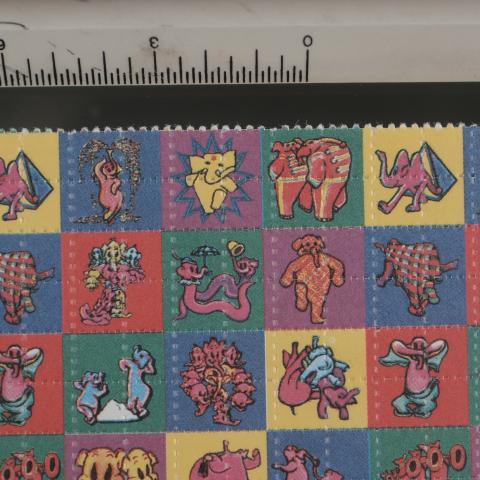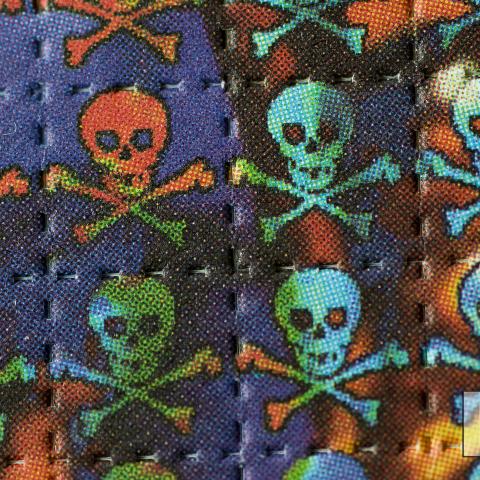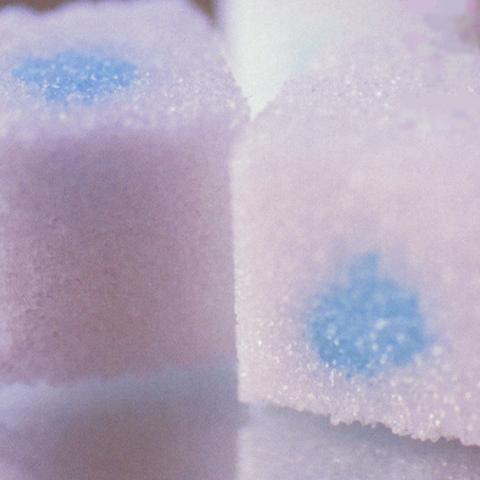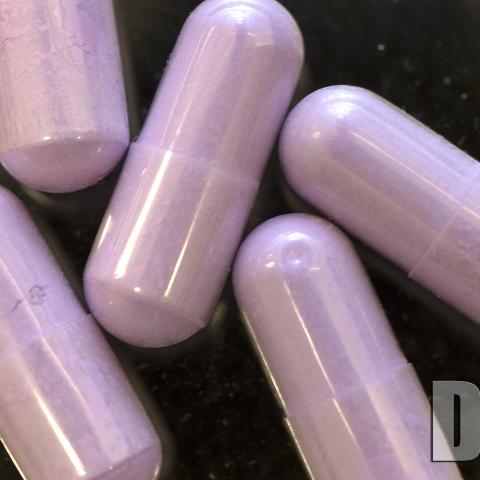
LSD
HallucinogenWhat is LSD?
Lysergic acid diethylamide (LSD) is a potent hallucinogen that has a high potential for abuse and currently has no accepted medical use in treatment in the United States.
Street Title
Acid, Blotter Acid, Dots, Mellow Yellow, Window Pane
How is it abused?
LSD is available in saturated absorbent paper (e.g., blotter paper, divided into small, decorated squares, with each square representing one dose), tablets or “micro dots,” saturated sugar cubes, or in a liquid form. LSD is abused orally.
What is its effect on the body?
Dilated pupils, higher body temperature, increased heart rate and blood pressure, sweating, loss of appetite, sleeplessness, dry mouth, and tremors. While under the influence, the user may suffer impaired depth and time perception accompanied by: distorted perception of shape and size of objects, movements, colors, sound, touch, and the user’s own body image. The ability to make sound judgments and see common dangers is impaired, making the user susceptible to personal injury. It is possible for users to suffer acute anxiety and depression after an LSD “trip.” Hallucinogen Persisting Perception Disorder, which may include fragmentary recurrences of certain aspects of the drug experience or “flashbacks” have been reported days, and even months, after taking the last dose.
What are its overdose effects?
Longer, more intense “trip” episodes may occur with larger doses. Serious psychological harm can occur after administration, including fear, depression, anxiety, and paranoia, and can be long-lasting. Death after LSD use is rare.






